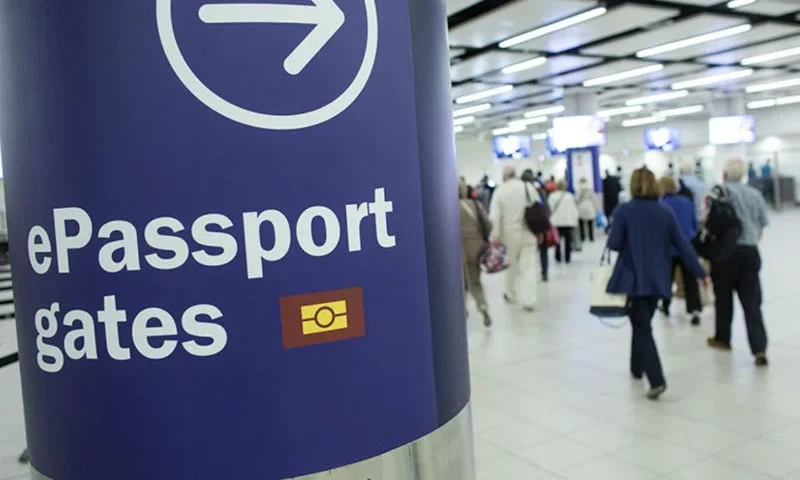The flow of people into and out of the country has changed drastically because of Brexit. Thus, businesses, students, workers, and families entered post-Brexit immigration structures with all their rules and challenges, as well as possibilities. Understanding this post-Brexit immigration system is an absolute prerequisite for navigating the new reality of life for those who have come to the UK post-EU.
- The End of Freedom Moment:
In some cases, not only has Brexit ended any freedom of movement between the UK and the EU, but it has also been radically different. When the UK was still a member of the EU, all EU citizens but British ones had rights to come live, work, or study in the UK, and UK citizens could do the same across the EU. But from January 1, 2021-no exceptions other than Irish ones-all EU citizens receive non-EU treatment and visa requirements for all types of stay.
Since then, these changes have touched almost all industries, but the most pronounced areas include tourism and hospitality, building, and healthcare. Almost all employers are faced with a much more tedious or complicated sponsorship requirement and, thus, hiring workers abroad has become more difficult than ever before.
- The Points-Based Immigration System
Post-Brexit, the UK has a points-based immigration system. Under the scheme, visas are awarded based on the points gained from a job offer, English language proficiency, qualifications, and salary levels from an individual.
The primary part of this points-based immigration system is the Skilled Worker visa, mandating that applicants have employment from a licensed UK employer. The job must also meet defined skill and wage thresholds, usually £26,200 in salary or £10.75 per hour with certain other occupations applicable for lower thresholds than this general amount.
While a Global Talent Scheme facilitates highly qualified individuals, but without a job offer, that’s an allowed alternative pathway to access the UK. It is a visa meant for leaders or potential leaders in academia, science, and the arts. The Graduate visa allows international students who have finished a degree in the UK to actually stay and work for a period of up to two years (or three years for PhD graduates).
- Challenges for Business and Individuals:
The system, which wanted to ease the path to immigration, came with new challenges: Business sponsorship is notoriously expensive and long winded, requiring strict compliance to Home Office regulations. Many SMEs are finding it hard to chew up the costs, which would limit them from an access to international talent.
Read Also: New Government, New Immigration Policies
And the hurdles before most will instead be expensive visa application fees, complex and hassle-some documentation requirements, as well as uncertainties regarding the future of the application itself. These had a chance to apply through the EU Settlement Scheme as long as they resided in the country prior to Brexit but would now encounter problems proving their rights to either residency or employment.
- Opportunities and Adjustments:
But the emergence of new systems creates an opportunity as well. Bringing skilled workers will eventually spell good fortune for the UK since it will pave the way for alleviating scarcity in some high-demand sectors like healthcare and technology. Besides, there are many new pathways being introduced like High Potential Individual visa which is intended to lure graduates from world’s top universities. The country is increasingly shifting towards skills-focused immigration.
Organizations are changing their strategies around manpower in response to the new system. Some now look to up-skill local workforce to avoid reliance on foreign talent, while others think of alternative work methods such as telecommuting.
This is the new chapter for the UK by virtue of the post-Brexit immigration system. It can be a time of great transition for businesses and individuals, but it has also created new avenues to fresh opportunities. Adapting to this change will require understanding of the subtleties in the system, strategic planning, and keeping abreast of the policy updates. Widening the understanding of this changing tide would still provide great chances for work, study, and growth in the UK.
For further advice please get in touch with our team today by calling 020 8538 0182 or +44 7857 809932, or you can email us on [email protected].
Please note these blogs are to enhance your knowledge and are not tailored advice, for specific advice please get in touch with our outstanding team.



